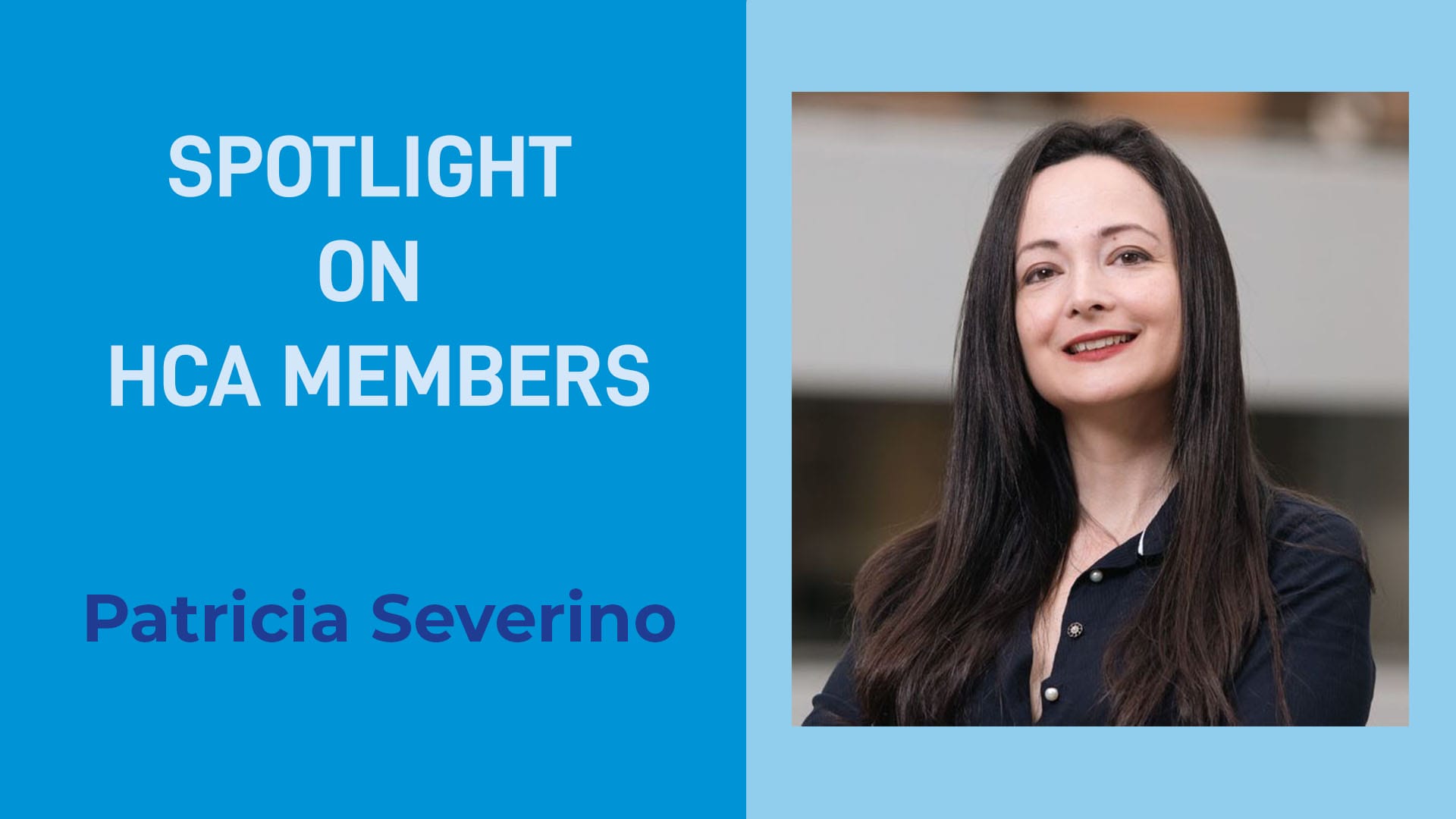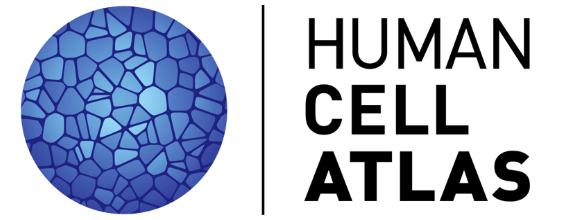Spotlight on HCA Members - Patricia Severino

In the fourth in a series of Spotlight interviews with HCA members around the world, we hear from Patricia Severino who is based in Brazil.
Patricia Severino is a group leader at the Albert Einstein Research and Education Institute, Albert Einstein Hospital, Brazil. She is a member of the HCA Organizing Committee, and is a key player in advancing the Human Cell Atlas in Latin America.
Following her degree at the University of Sao Paulo in Brazil, Patricia moved to the Pasteur Institute in France for a PhD on gene expression analysis. She returned to Brazil, working at the newly created Albert Einstein Research and Education Institute.
Please introduce yourself and tell us about your career. How did you get involved with HCA?
I’m a molecular biologist, with my early career in molecular microbiology and then later I became interested in cancer biology. In both of these topics, I’ve always engaged with genomics, and gene expression regulation.
I got involved with the HCA through talking to members of the HCA Equity Working Group (EqWG). Musa Mhlanga gave a talk in Brazil about new imaging technologies back in 2019. He introduced me to the HCA vision and spoke about trying to understand equity aspects of HCA. At that point there was a big gap in Latin America, with no researchers involved in HCA. I loved the HCA consortium idea, so I got involved.
While I’ve participated in several large-scale projects, this was the first time I’d been in a project that really wanted to integrate people from all over the world. HCA is really trying to understand how people from different world regions can participate fully, and to help them.
What are you working on right now? How will this help people?
We are working on understanding cancer biology, looking not only at genomics in cancer, but trying to understand clinical, pathological, environmental, social and other aspects that are linked to the development of cancer. Related to that, cancer patients are often immune suppressed and get health-care associated infections.
Single cell technology brings new insights into our research, at a completely different level. We can now see cell interactions and possibly understand why the immune system responds differently in each patient. For example, we are working on a human cell map of Latin American diversity, funded by a CZI Ancestry Network grant. This is exploring differences in immune responses for individuals within a population, which can then be applied to both cancer biology and responses to infections. We’re really proud that all the work for this project will be carried out in Latin America.
Openness and diversity is at the heart of HCA, how is this important to you?
For me, this was a very new and important concept for a big consortium to integrate with people across the world. HCA wanted to do it differently from other consortia, creating a Working Group on Equity right at the beginning of HCA.
Brazil has very mixed populations with different genetic backgrounds. It is part of our lives to see diversity at different levels, including access to education and healthcare, a very diverse and complex system over here. In my work, patients come from different regions so I’ve always had to pay attention to the diversity and take it into account when analyzing data. It is essential!
You are organizing an HCA Latin America training workshop in October, what are you looking forward to about this workshop?
We’re excited about the training, which leads on from our previous work in Latin America. Back in September 2020, we had a first, online meeting for researchers in Latin America with HCA researchers (HCA Latin America Workshop). People here had heard of single cell sequencing but didn’t know how to get started. This led to online workshops in 2021 on data analysis carried out simultaneously in Brazil, Chile and Mexico that were very successful.
This year is the first opportunity for local researchers to participate in an in-person course. The 2023 HCA Latin America Computational and Experimental Design Workshop, will be held in Chile, and will include wet lab training. It is funded by CZI, and is organised in collaboration with Alex Shalek’s lab who already run the course in Africa. We want to get momentum with enough groups in Latin America generating data and putting that data together with the rest of HCA data, so that Latin America is really contributing.
What is the best thing about being part of the HCA Community and why?
For me, the best thing is being part of a very supportive and meaningful community of people. It helps my work as it gives my group lots of opportunities to discuss science, experimental designs and troubleshooting aspects. We can always reach out and find someone ready to share methods if needed.
I’ve also gained strong friendships, and met people who made a difference in my life through shared experiences, in my career and personally. Being part of HCA has contributed directly to what I do, and is important for me. The way the people in HCA relate to each other is unique.
What advice would you give to anyone wanting to get involved with the HCA?
Everyone can get involved as everyone has something to contribute to HCA. It is such an encompassing consortium, so anyone who wants to participate will be able to do so.
You can join HCA to get information on the different networks, and you can then reach out to groups that are working with one aspect of HCA which interests you, find something that speaks to your heart.
HCA has generated many protocols, techniques, and driven innovation as it is needed, like new imaging technologies and computational tools. You can take advantage of the online resources on the HCA website and reach out to people on the HCA Slack groups.
It is up to us in Latin America and other areas to participate and be represented. As a researcher, or person discussing ethics or inclusion or outcomes, you can contribute with whatever you have - it is the Human Cell Atlas.
